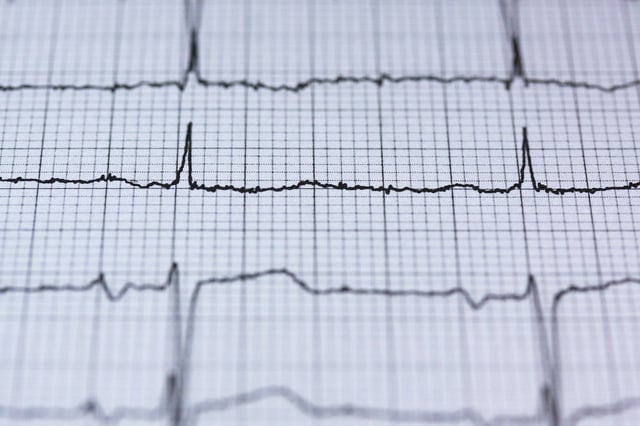Overview
- The deep-learning model was validated on 3,200 ECGs, detecting 77% of structural heart abnormalities compared with 64% accuracy by 13 cardiologists.
- A retrospective deployment on nearly 85,000 patients identified more than 7,500 high-risk individuals, 55% of whom received follow-up echocardiograms and almost three-quarters were confirmed with structural heart disease.
- Published in Nature, the study highlights EchoNext’s potential to leverage routine ECGs for early, low-cost screening of asymptomatic structural cardiac conditions.
- The Columbia University and NewYork-Presbyterian team has filed a patent application for EchoNext and released a deidentified data set to support broader research and validation.
- An eight-site emergency department clinical trial is now underway to assess EchoNext’s efficacy in real-world screening workflows.

